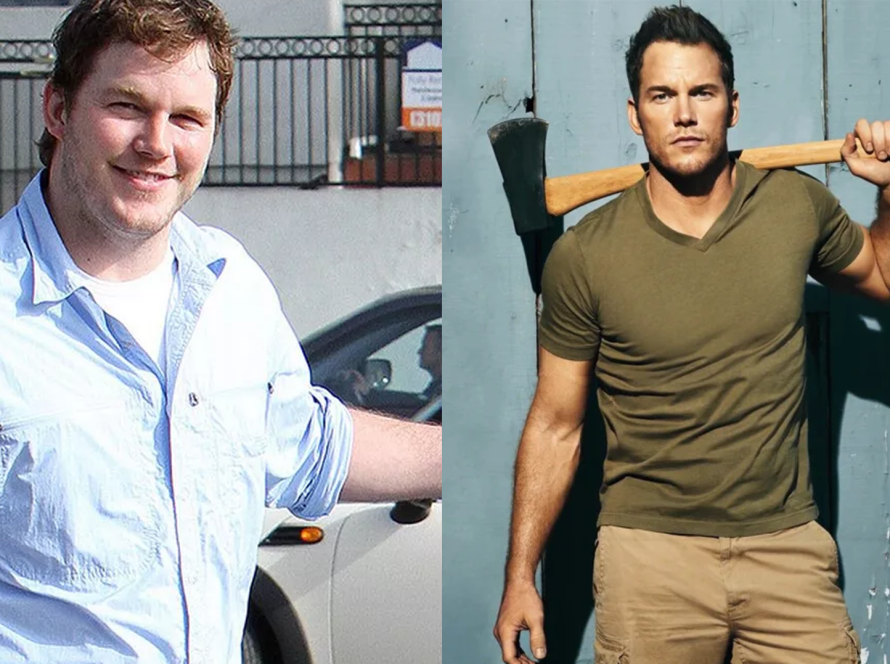If you’re new to fitness and you’re about to get started, it’s totally normal to feel a bit overwhelmed—regardless of your age or ability. The key thing to remember is that there’s always support available to help you along the way. To help you feel more confident and ease into your gym routine, here are my top three tips for beginners.
1. Avoid Exercises You Haven’t Been Properly Instructed On
As a beginner, the most common of problems is learning how to use gym equipment and performing exercises safely. Many of us are tempted to dive into new exercises by watching YouTube tutorials or imitating what others are doing in the gym. However, trying to replicate exercises without proper guidance can lead to injuries—something I’ve witnessed repeatedly, from beginners to seasoned gym-goers.
Starting with exercises that you haven’t been properly instructed on can be risky. Incorrect form or misuse of equipment not only hinders your progress but can also result in serious injuries that set back your fitness journey. It’s crucial to get professional guidance to ensure you’re performing exercises correctly and effectively.
If you’re unfamiliar with how to use gym machinery or how to execute weightlifting techniques, begin with bodyweight exercises. These movements are fundamental, easier to learn, and less likely to cause injury. Once you’ve mastered these basics, seek out instruction for more advanced exercises and equipment.
2. Learn through progressions (Prioritising proper form)
It’s easy to get caught up in the excitement of hitting the gym and following the crowd, whether you’re a guy or a girl. Many of us crave quick results and instant gratification, but fitness progress is different—it requires patience and dedication. My top advice for beginners, and really for anyone training, is to follow proper progressions and focus on mastering form and technique; this really will give you the advantage.
We’ve all seen that one person in the gym who attempts to lift the heaviest weights with questionable form, risking injury in the process. The truth is, progressing effectively in fitness relies on perfecting your form and gradually increasing intensity. Skipping essential progressions often leads to stagnation and can prevent you from advancing.
For example, a structured progression might look like this: starting with push-ups on your knees, then moving to standard push-ups, followed by dumbbell chest press, and eventually progressing towards barbell bench press. Each step builds on the previous one, allowing your body to adapt and strengthen gradually.
By adhering to these progressions, you ensure that you’re developing the strength and technique needed to handle more advanced exercises safely and effectively. Avoid the temptation to rush ahead—master each level thoroughly to set yourself up for long-term success and avoid hitting plateaus.
3. Start with a plan (It’s More Crucial Than You Think)
Starting your fitness journey with a well-thought-out plan is crucial for success —it’s essential for making the most of your workouts. Think of it like this: heading to the gym without a plan is like going to the grocery store to prepare a fancy meal you’ve never made before without a recipe. You wouldn’t know what ingredients to buy, how much to get, or how to cook it properly. Similarly, going to the gym without a structured plan means you’re likely to wander through your workout without a clear direction or purpose.
Creating a structured workout plan involves setting clear, achievable goals and developing a schedule. This ensures that even on days when you can’t make it to the gym, you have a plan to follow that keeps you on track. Whether you’re focusing on strength training, cardio, or a combination of both, having a plan helps you work efficiently towards your goals.
Without a plan, your workouts become a guessing game. You might not track the intensity, the number of reps, the exercises you performed, or the order in which you did them—and yes, all these factors matter. A structured approach ensures that every workout session is purposeful and contributes to your overall progress.
In short, having a workout plan isn’t just about organisation; it’s about maximising the effectiveness of your training and staying committed to your fitness goals. You don’t want your gym sessions to feel rushed or chaotic. You’ll often see people trying to get in and out of the gym quickly, barely putting effort into their workouts. With a plan, you’re in control. It helps you push yourself, stay committed, and eventually, it becomes a habit. This structured approach can even become so useful that you might start applying it to other areas of your life.
How fitness coaching can help:
As a beginner in the gym or even a seasoned gym-goer, something we’ve learned over years of training clients with diverse backgrounds is that everyone has a different thought process and way of approaching their personal goals. A lot of the time, people who seek out a coach understand that it’s not easy to do alone and that support is essential. Having the right guidance—someone to tell you what you should and shouldn’t be doing, and explaining the reasons and science behind it—can be crucial.
On the other hand, many people prefer to do it themselves, which is understandable. We all know the urge to fix problems on our own—the free way.
However, working with a fitness coach can make the process significantly more manageable and easier to stick with. A coach who understands your goals and capabilities, and who has experience with others in similar situations, can be a game-changer.
They essentially create everything you need to reach your goal. And yes, I mean every aspect—workouts, meal plans, support to navigate tricky situations, and even a mindset shift. It can be really tough to make all these changes without some help. A coach will guide you through the best practices for using equipment effectively and support you to achieve your goals without falling off track. Many people end up yo-yo dieting because of misleading information online and unrealistic beliefs about what’s possible and what they’re capable of. A coach can help you avoid these downsides and stay consistent until you reach your goal.
You’ll also go through what we call an “in-depth analysis” with a coach and from what we’ve experienced this is essential to figuring out what the actual cause is stopping you from reaching your goal, it will help you avoid going through years of trial and error, so you can be set on the right path from the beginning.
If you’re interested in exploring online fitness coaching, please reach out to us on john@onetruenorthcoaching.com Or, if you would like to complete the self-assessment take a look at our home page.


